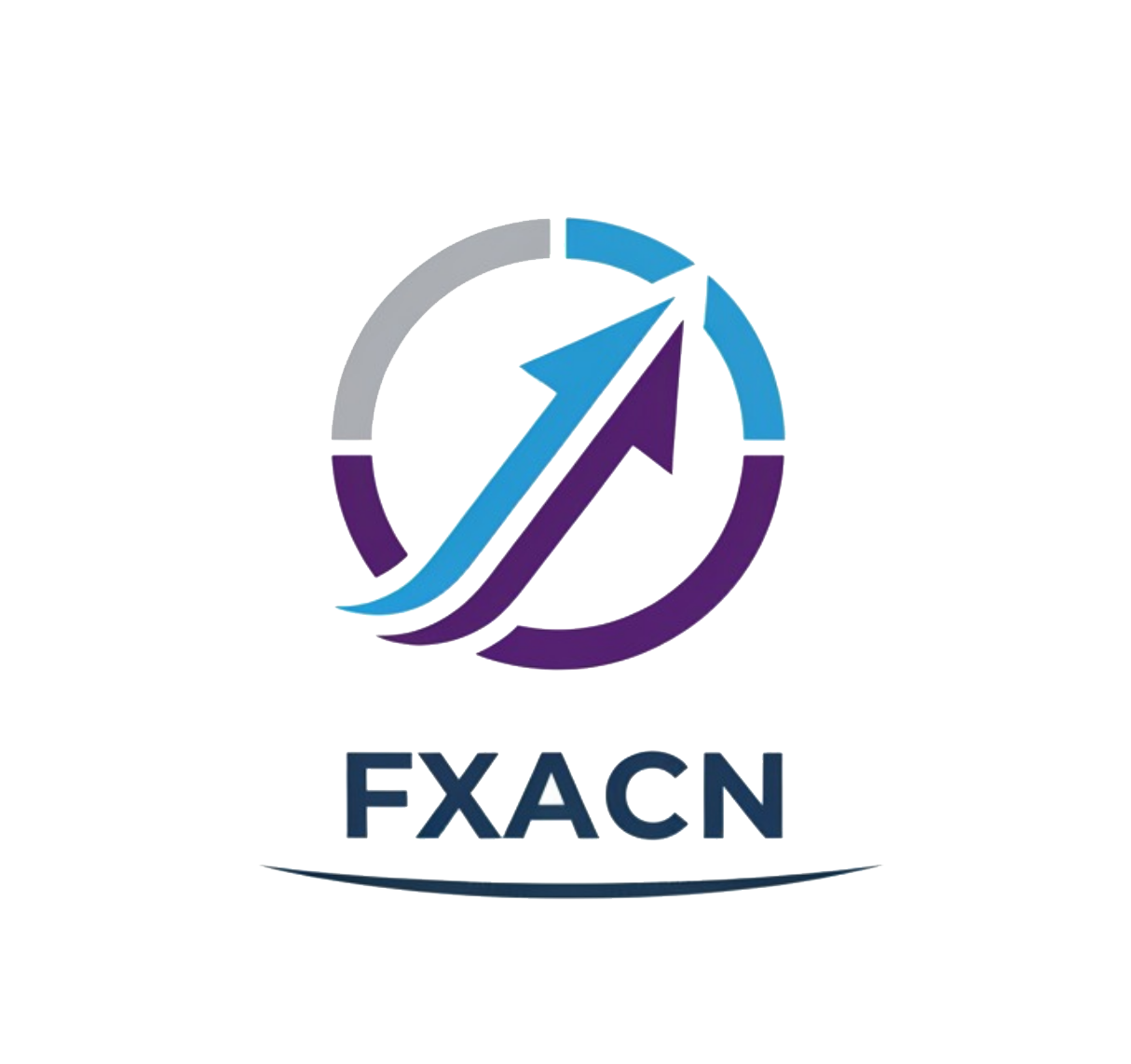Introduction
Coinbase, established in 2012, has rapidly ascended to become one of the largest and most well-known cryptocurrency exchanges in the world. Catering primarily to retail investors, it has achieved significant recognition in the forex market as a leading platform for trading and managing a diverse array of cryptocurrencies. However, as the cryptocurrency sector evolves, it is crucial for traders to approach platforms like Coinbase with caution. The nature of digital assets, combined with frequent reports of scams and frauds lurking in the crypto space, compels traders to thoroughly assess the legitimacy and reliability of exchanges before committing their funds.
This article aims to evaluate Coinbase’s credibility by examining its regulatory compliance, historical reputation, fee structure, customer safety measures, and user experience. The insights presented are based on comprehensive research, utilizing a variety of reputable sources and direct user reviews to provide a balanced overview of whether Coinbase is safe or represents a potential risk.
Regulation and Legitimacy
Coinbase operates under a framework of regulatory oversight that is essential for ensuring user protection and financial integrity. The platform is registered with several regulatory agencies across the globe, providing a level of transparency that is critical in the often murky realm of cryptocurrency exchanges.
| Regulatory Body | License Number | Regulatory Area | Verification Status |
|---|---|---|---|
| Financial Crimes Enforcement Network (FinCEN) | MSB Registration | United States | Verified |
| Financial Conduct Authority (FCA) | 900635 | United Kingdom | Verified |
| Central Bank of Ireland | C188493 | European Union | Verified |
| Dutch Central Bank | R190530 | Netherlands | Verified |
Coinbase’s adherence to regulations issued by financial authorities like the FinCEN in the U.S. and the FCA in the U.K. demonstrates its commitment to compliance and legal operational standards. Regulatory compliance is not only a fundamental requirement for operating legally but also allows users to have confidence in the security of their investments. However, historical compliance records are not entirely without issues; Coinbase has faced scrutiny and legal challenges, particularly with the U.S. Securities and Exchange Commission (SEC) regarding the classification of some cryptocurrencies as securities. These ongoing regulatory challenges may pose future risks for users.
Company Background Investigation
Coinbase was co-founded by Brian Armstrong and Fred Ehrsam in June 2012, initially focusing exclusively on Bitcoin trading. The company gained attention as it carved out a niche in simplifying the process of buying and selling digital assets for everyday users. Its commitment to customer education and user-friendly design set it apart in the early days of cryptocurrency exchanges.
The ownership structure of Coinbase features a publicly-traded model, having gone public via a direct listing on the NASDAQ in April 2021. This move brought a level of scrutiny and transparency not seen in many crypto exchanges, as Coinbase is now obligated to disclose financial information and undergo third-party audits. The firm’s leadership team consists of seasoned professionals with backgrounds in technology and finance, further solidifying its reputation as a serious player in the cryptocurrency sector.
Moreover, Coinbase has shown a commitment to transparency, regularly sharing its financial reports and updates with users. However, as with many rapidly growing companies, customers have reported issues regarding transparency in fee structures and customer support. Despite the good intentions, these challenges could breed distrust among users in what is an already skeptical market.
Trading Conditions Analysis
When analyzing Coinbase’s trading conditions, it becomes clear that fees play a significant role. The platform implements a tiered fee structure, which is dependent on transaction volume. The main cost drivers include trading fees, spreads, and transaction fees for using certain payment methods.
| Fee Type | Coinbase | Industry Average |
|---|---|---|
| Major Currency Pair Spread | Up to 0.6% | 0.1%-0.3% |
| Commission Model | Flat fee based on size, or 1.49% | Varies |
| Overnight Interest Range | 8% | 0-1% |
Coinbase’s fee structure is often perceived as higher than average when compared to competitors like Binance or Kraken. The flat fees for simple transactions are particularly notable, especially when adding on additional transaction fees for credit card purchases. While the advanced trading function offers a more reasonable fee model, many users may find themselves stuck in higher-fee environments simply by choosing to use the primary platform. This could highlight issues surrounding transparency, as customers may not fully comprehend how much they are paying until after the transaction is completed.
Customer Funds Security
The safety of customer funds is paramount, especially in an industry known for volatility and risk. Coinbase employs a series of security measures designed to protect investor assets. The company utilizes cold storage techniques for the vast majority of its digital assets, claiming that over 98% of customers’ funds are held offline, away from potential hacks.
Furthermore, funds stored in Coinbase accounts are preserved in custodial banks, where U.S. dollar balances are insured by the FDIC up to $250,000. However, it is crucial to note that cryptocurrency holdings themselves are not FDIC-insured.
Historically, Coinbase has faced security challenges, including a high-profile incident where hackers exploited account vulnerabilities due to weak two-factor authentication and phishing attacks. This raised concerns among users about the exchange’s security protocols, especially after a significant number of accounts were compromised. Since then, Coinbase has enhanced its security measures and continues to advocate for users to adopt robust personal security practices.
Customer Experience and Complaints
Customers’ experiences with Coinbase have been varied, with several users praising its straightforward interface and educational resources for beginners. However, several common complaints have surfaced regarding customer support responsiveness and high fees.
| Complaint Type | Severity | Company Response |
|---|---|---|
| Account access issues | High | Slow responses via email, chat, or phone |
| Fee transparency | Medium | Inconsistent information regarding charges |
| Security concerns (hacks) | High | Investigation and partial reimbursements |
Common complaints include account access issues, particularly during times of high market volatility. Users have reported lengthy response times when seeking assistance, with some having to wait days for a reply. The company’s reliance on a primarily email-based support system has been criticized, particularly by those locked out of their accounts. In a few notable cases, users flew into frustration over difficulties resolving unauthorized transactions leading some to label Coinbase as overrun by bureaucratic inefficiencies.
Platform and Execution
The Coinbase trading platform is designed for ease of use but has encountered criticisms regarding execution quality and operational stability. While the platform itself is generally stable, users have reported issues during periods of high traffic, particularly when major market events unfold, causing slow load times or transaction delays. This could be concerning for traders who rely on high-speed execution for successful strategies.
Risk Assessment
Using Coinbase for trading comes with a unique set of risks, primarily tied to regulatory scrutiny, fee structures, and market volatility.
| Risk Category | Risk Level (Low/Medium/High) | Brief Explanation |
|---|---|---|
| Regulatory Compliance | Medium | Ongoing issues with the SEC |
| Security Breaches | High | Historical issues and hacks |
| Fee Structures | High | High transaction fees |
For traders using Coinbase, it is advisable to conduct diligent research, remain vigilant regarding their account security, and be fully aware of potential regulatory changes that could affect their investments.
Conclusion and Recommendation
Based on the evidence analyzed, Coinbase is not a scam but presents a mixed overview regarding its safety, reliability, and service quality. The exchange is legitimate and compliant with essential regulations; however, it possesses historical security vulnerabilities and customer service complications that warrant caution. For beginner traders seeking an easy entry point into the crypto market with educational resources, Coinbase remains a robust choice.
Conversely, for experienced traders focused on minimizing fees and accessing diverse trading tools, alternatives like Binance or Kraken may offer more competitive environments. Overall, Coinbase can be a valuable platform if users approach it with due diligence and an understanding of its limitations. Be sure to take precautions such as using a hardware wallet for extensive holdings while employing Coinbase’s capabilities for trading and learning.
In conclusion, is Coinbase safe? While it maintains a strong reputation and implements several security measures, users must acknowledge the risks and challenges associated with the platform and remain proactive in protecting their assets.


